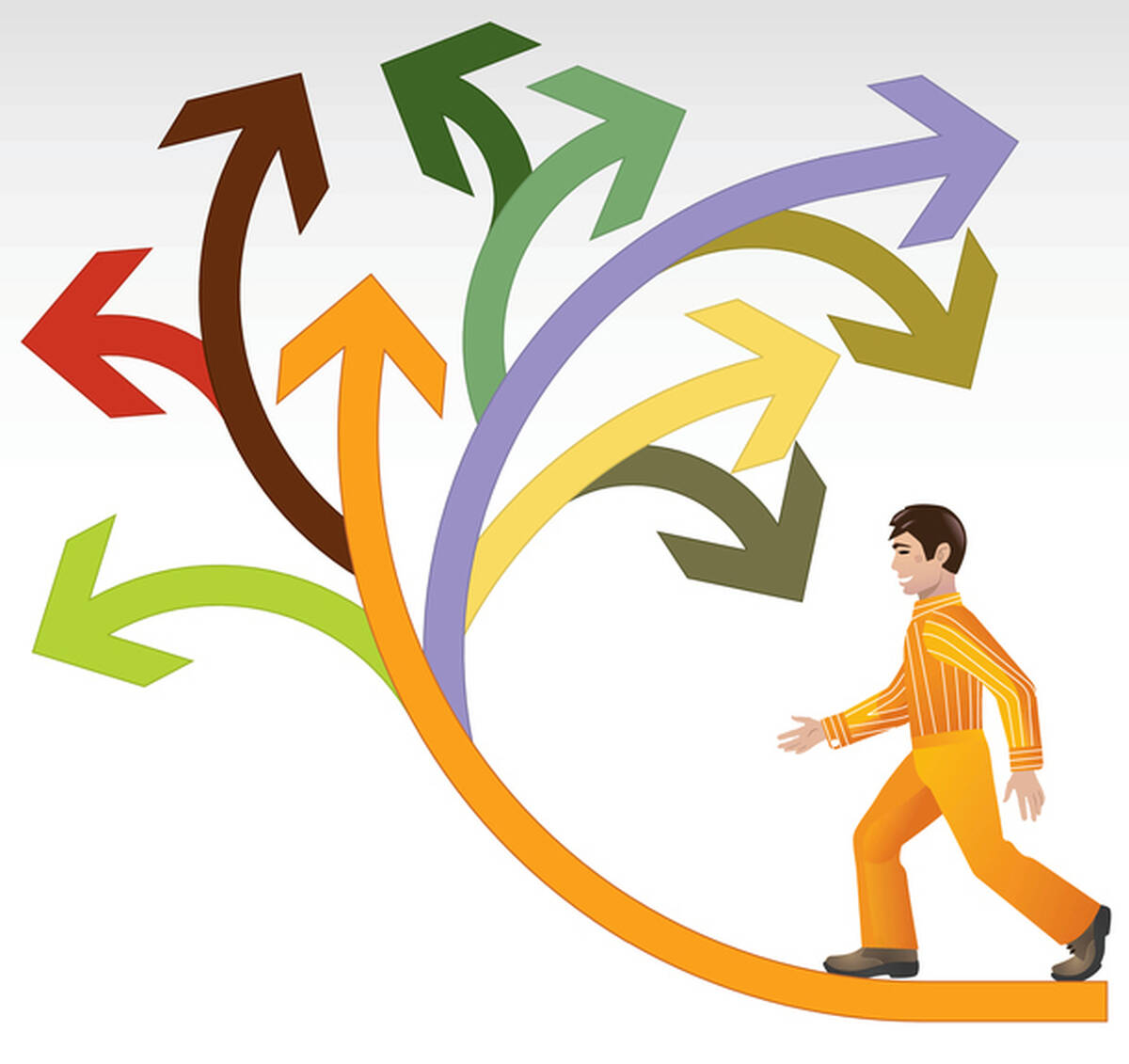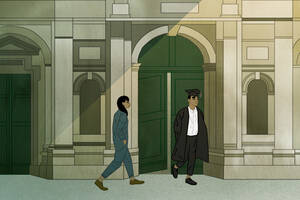Although this may be true, it is not the real reason why you eat chocolate: it is just a line of reasoning you follow to feel less guilty about eating something high in fat and sugar. People often rationalize in this way, telling themselves stories of sometimes dubious merit to justify their behavior. New work by Timothy Feddersen (Professor of Managerial Economics and Decision Sciences at the Kellogg School of Management) shows how rationalization—once studied mainly in psychology—impacts choices and can help economists understand why people make decisions that violate standard economic theories.
“People have preferences. But they cannot choose any old thing they like because they have to be able to rationalize the choice,” explained Feddersen, who collaborated on this project with Alvaro Sandroni (Professor of Political Economy and Professor of Managerial Economics and Decision Sciences at the Kellogg School of Management) and Vadim Cherepanov (an economist at the University of Pennslyvania). He invoked the basic economic principle of constrained optimization, by which individuals seek the greatest possible benefit given the limitations and demands of a situation. “Rationalization means that people are constrained optimizers, and one of the constraints [in the way of choosing a preference] is that they have a psyche that requires a rationale,” he said.
In 1920 Sigmund Freud described the id, ego, and superego in his seminal essay “Beyond the Pleasure Principle.” He introduced the idea of defense mechanisms, which humans use to quell anxiety created when we feel we cannot do what we want and still be rational. While Freud was the first to describe the concept of defense mechanisms, it was one of his colleagues who identified one defense mechanism in particular a few years earlier. In his 1908 article “Rationalization in Every-Day Life,” Ernest Jones wrote, “Everyone feels that as a rational creature he must be able to give a connected, logical, and continuous account of himself, his conduct, and opinions, and all his mental processes are unconsciously manipulated and revised to that end.”
The “Warm Glow” Model
Feddersen has spent much of his career examining human conduct and opinions as expressed through voting behavior. He has explored why people continue to show up at polls even though each individual vote has little impact on the larger election. Feddersen and Sandroni developed an “ethical voter” model, which states that people feel personally validated by voting for a candidate they feel is morally or ethically superior. From this model they developed what they call a “warm glow” model, suggesting that people vote because being a responsible citizen simply feels good.
Some economists have struggled to explain behaviors that violate standard choice theory, and wondered if the warm glow model could explain such anomalies. According to this theory, a person has a set of preferences. He prefers X over Y, Y over Z, and therefore should always prefer both X and Y over Z. But sometimes he might choose Z anyway. Feddersen and his colleagues did not think that the warm glow argument provided the best explanation for such violations of standard theory. So they began to look at rationalization as a way to understand this seemingly odd behavior.
To put a human face on the mathematical proofs they describe, Feddersen and colleagues tell the story of a woman named Dee. Dee decides to leave work early to celebrate with her friend Sally, who just got a new job. As Dee prepares to leave the office, she gets a call from her coworker, Kathy, who is in the hospital and would like visitors. Dee then calls Sally to tell her she can no longer celebrate because work is pressing and stays at the office.
This common type of behavior violates standard economic theory. Initially, Dee seems to prefer Sally over work. When a third option is introduced—the hospital—this preference for Sally over work should not change. Even if Dee ranks her preferences as (1) hospital, (2) Sally, and (3) work, she should still never choose work over Sally. Yet that is exactly what Dee chose, work instead of Sally, in violation of standard theory.
No Rationalization, No Decision
Feddersen’s rationalization model provides an intuitive explanation for Dee’s behavior. “We can understand why—when we introduce this third alternative—Dee can’t visit her friend Sally. She can’t rationalize it,” he said. That is, a decision that cannot be rationalized is a decision that cannot be made.
Dee can always find rationalizations to stay at work—work is pressing. And she can also rationalize leaving work early to visit Sally because friendship is sometimes more important than work. This is the rationale Dee originally uses. But once she learns that Kathy is in the hospital, Dee can no longer rationalize visiting Sally because Kathy needs her support more. This new information, having made it impossible to rationalize her original preference to have fun with Sally, leaves Dee with only two options—stay at work or visit the hospital. Because she prefers staying at work to visiting the hospital, Dee chooses to stay at work.
Feddersen’s work illustrates how an inability to rationalize a preference can constrain our ability to pick a favored option. Moreover, “rationalization theory reveals a unique preference order in a variety of cases when standard theory cannot,” wrote Feddersen and colleagues. This is important to economists and policy makers who can only observe behaviors and choices, from which they must infer people’s preferences.
According to Feddersen, the research raises two questions for the future. First, why are people rationalizers? And second, how does a group decide which rationales are acceptable? “We’re sometimes constrained to choose what we would like by our inability to rationalize. And the question is, ‘Why would we be limited by that?’”
Further reading:
Freud, Sigmund (1920). Jenseits des Lustprinzeps (Beyond the Pleasure Principle). Leipzig-Vienna-Zurich.
Jones, Ernest (1908). “Rationalization in Every-Day Life.” Journal of Abnormal Psychology, 161-169.



